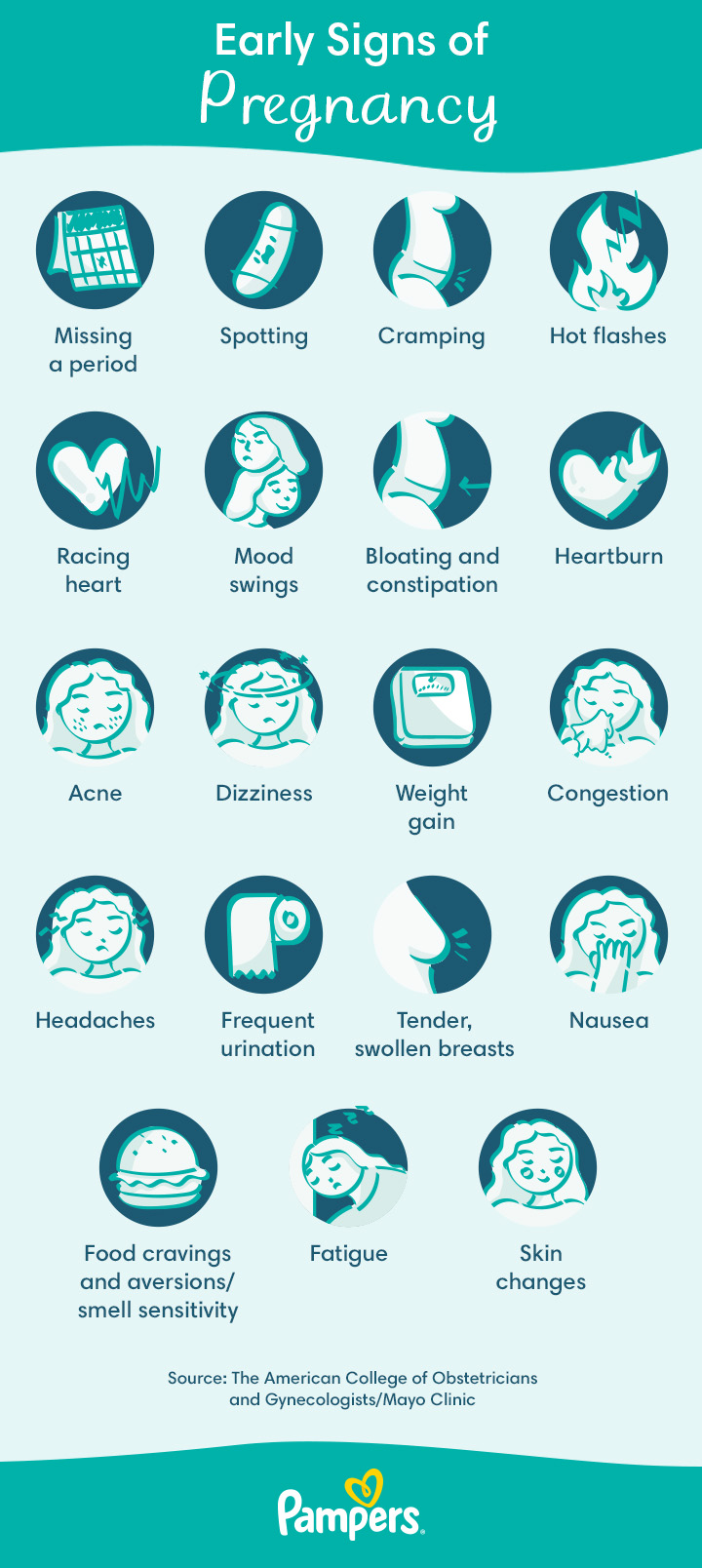
Spotting Signs of Pregnancy: A Comprehensive Guide
Pregnancy is a transformative journey marked by a myriad of physical and emotional changes. While some women experience a relatively symptom-free first trimester, others may encounter various signs that indicate the presence of a new life growing within them. Spotting, or light vaginal bleeding, is one such sign that can be both confusing and concerning.
Understanding Spotting
Spotting refers to vaginal bleeding that is lighter than a period and typically occurs outside of the expected menstrual cycle. It can range in color from light pink to brown and may be accompanied by mild cramping. While spotting is not always a sign of pregnancy, it can be an early indication that conception has occurred.
Spotting During Pregnancy
Spotting can occur at various stages of pregnancy, but it is most common during the first trimester. It is estimated that up to 25% of pregnant women experience spotting at some point during their pregnancy.
- Implantation bleeding: This occurs when the fertilized egg implants into the lining of the uterus, usually around 6-12 days after conception. Implantation bleeding is typically light and lasts for a few hours or days.
- Cervical changes: As the cervix softens and dilates during pregnancy, it may become more prone to bleeding. This can occur during intercourse, pelvic exams, or even after using a tampon.
- Hormonal fluctuations: Changes in hormone levels during pregnancy can affect the thickness and consistency of the uterine lining, making it more susceptible to bleeding.
- Placental abruption: This is a serious condition in which the placenta separates from the uterine wall. It can cause heavy bleeding and requires immediate medical attention.
When to Seek Medical Attention
While spotting during pregnancy is often harmless, it is important to seek medical attention if you experience any of the following:
- Heavy bleeding or clots
- Severe abdominal pain or cramping
- Fever or chills
- Dizziness or fainting
- Signs of infection, such as foul-smelling discharge or itching
Other Signs of Pregnancy
Spotting is not the only sign that may indicate pregnancy. Other common signs include:
- Missed period
- Nausea and vomiting (morning sickness)
- Breast tenderness and swelling
- Fatigue
- Frequent urination
- Food cravings or aversions
- Mood swings
Confirming Pregnancy
The most definitive way to confirm pregnancy is through a blood or urine test that detects the presence of human chorionic gonadotropin (hCG), a hormone produced during pregnancy. Home pregnancy tests can also provide an early indication of pregnancy, but they may not be as accurate as laboratory tests.
Managing Spotting During Pregnancy
If you experience spotting during pregnancy, it is important to:
- Rest and avoid strenuous activity.
- Use panty liners to absorb light bleeding.
- Avoid intercourse or using tampons.
- Monitor your symptoms and seek medical attention if they worsen or change.
Conclusion
Spotting during pregnancy can be a normal occurrence, but it is important to be aware of the potential causes and when to seek medical attention. By understanding the signs and symptoms of pregnancy, you can navigate this transformative journey with confidence and peace of mind. Remember, every pregnancy is unique, and it is always best to consult with your healthcare provider for personalized guidance and support.